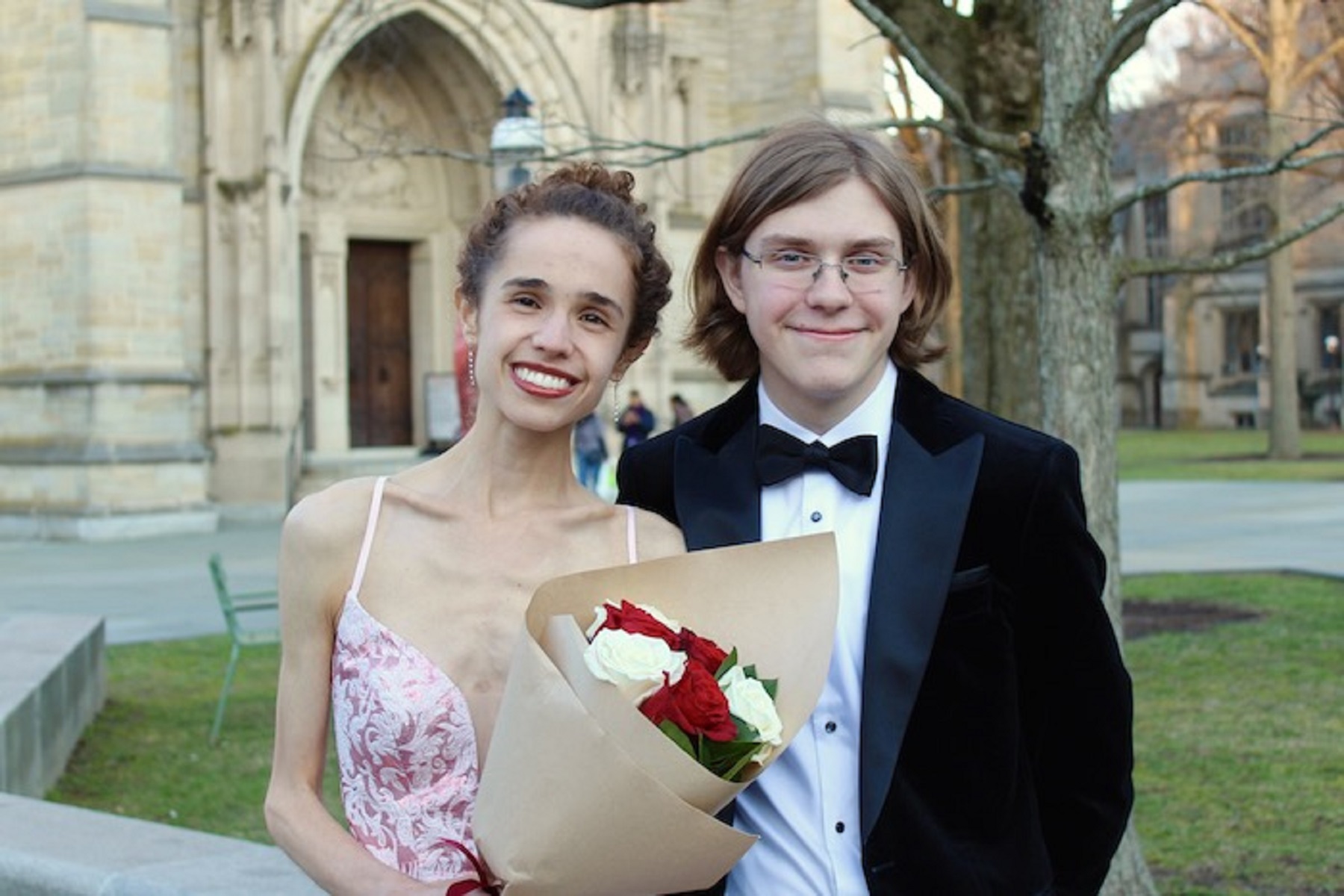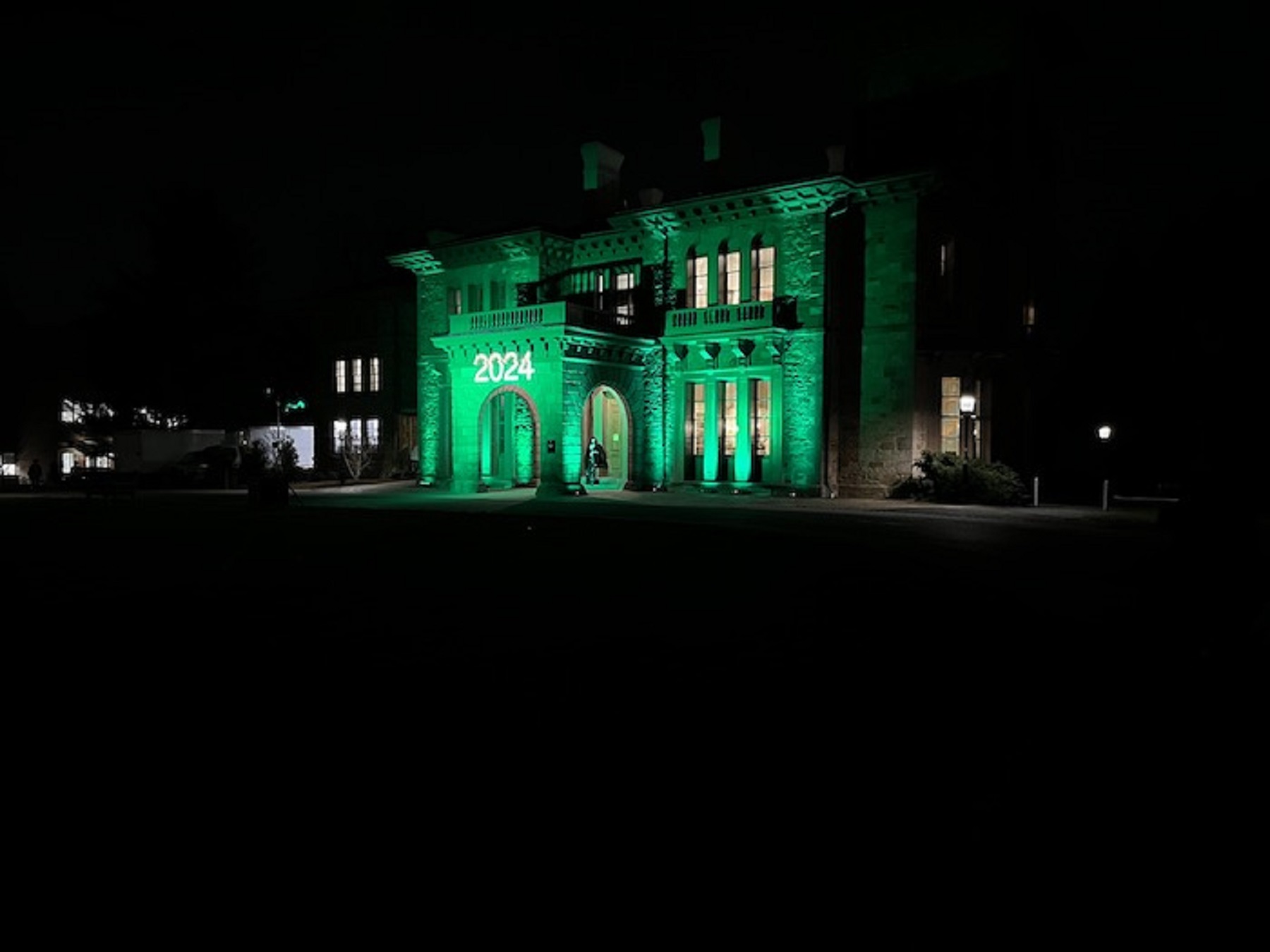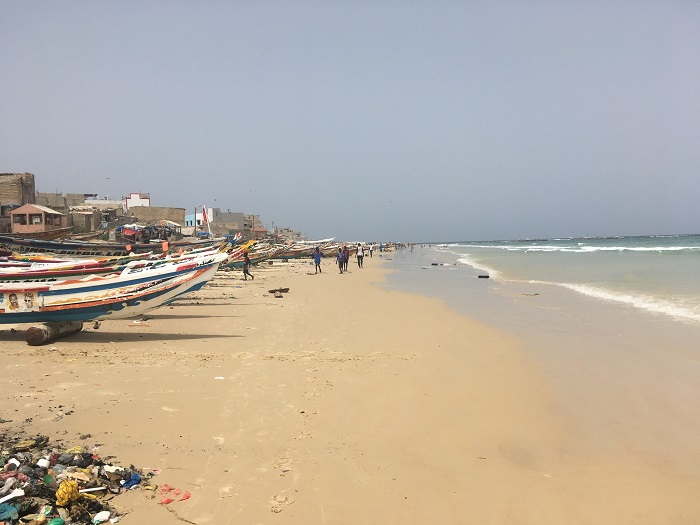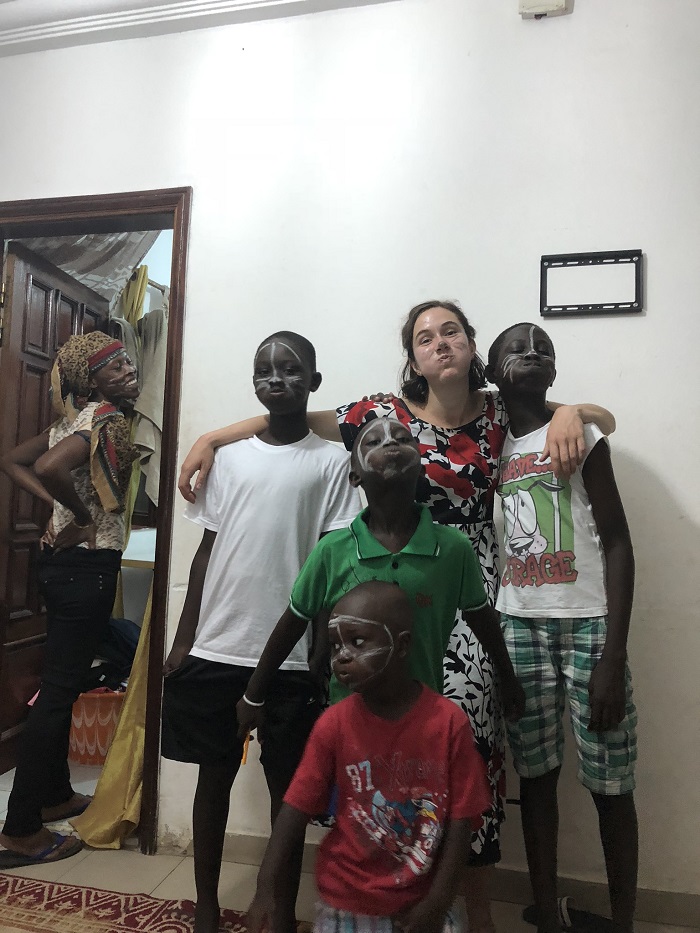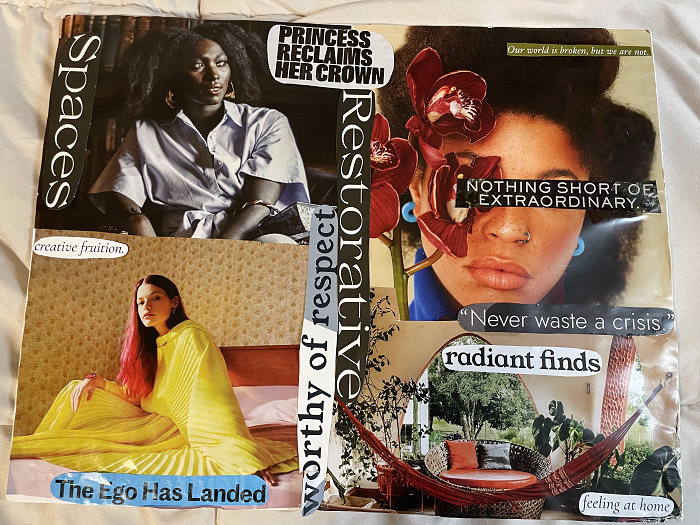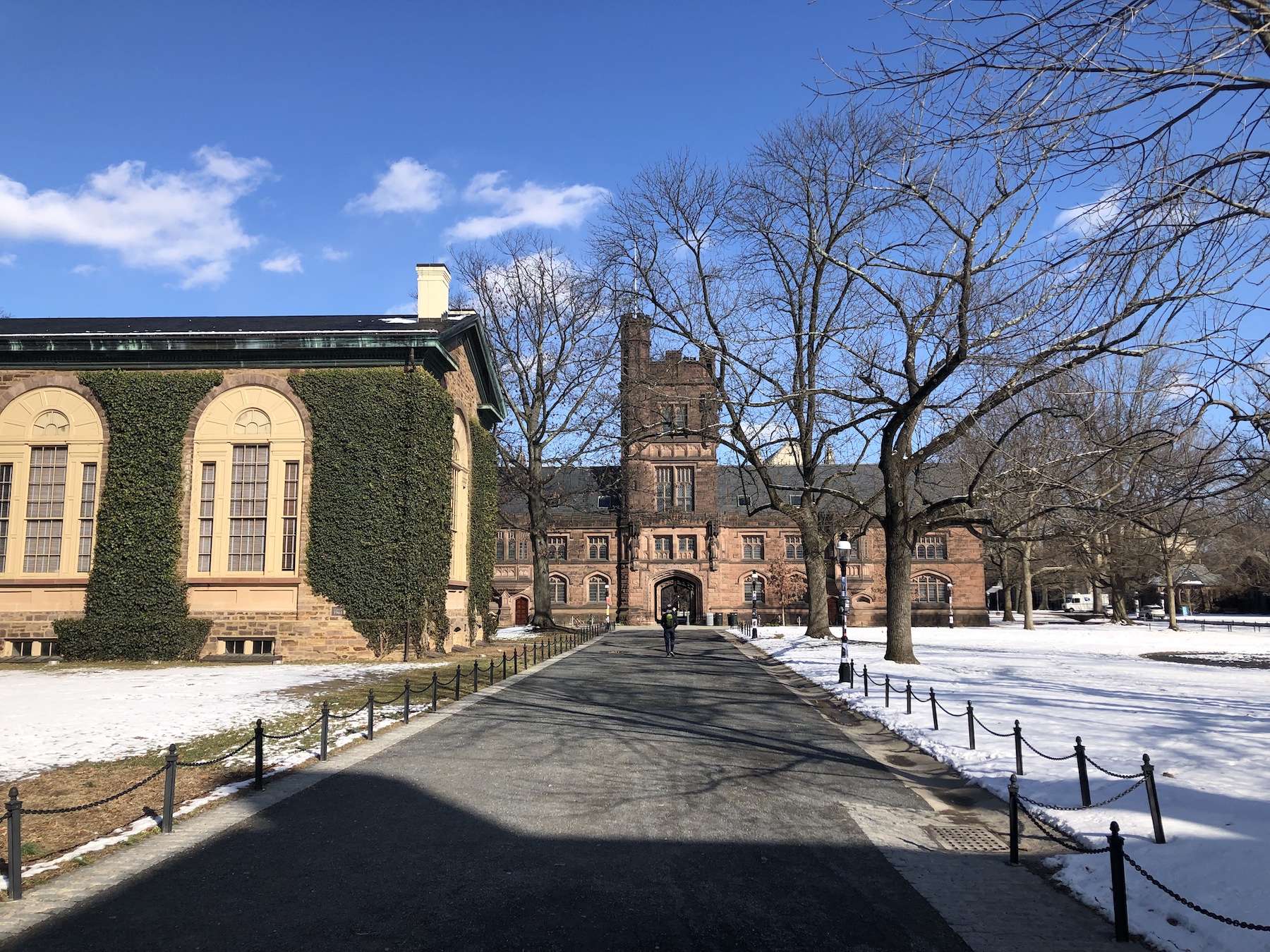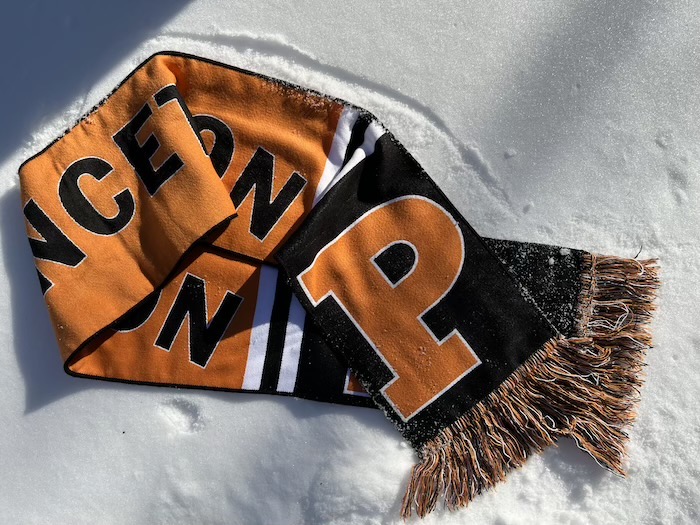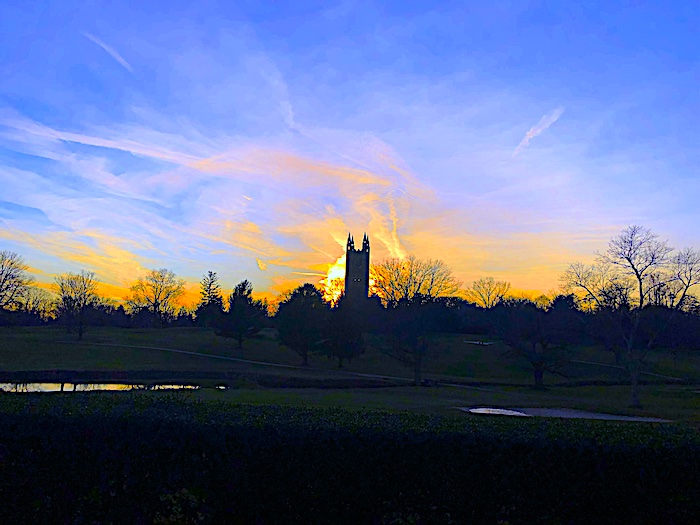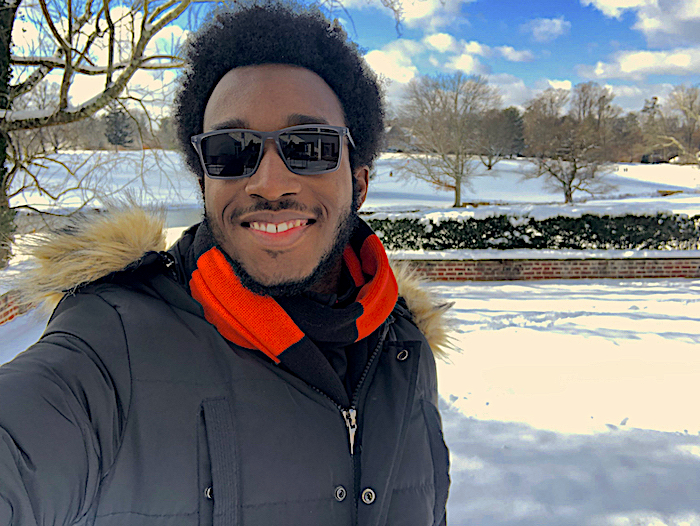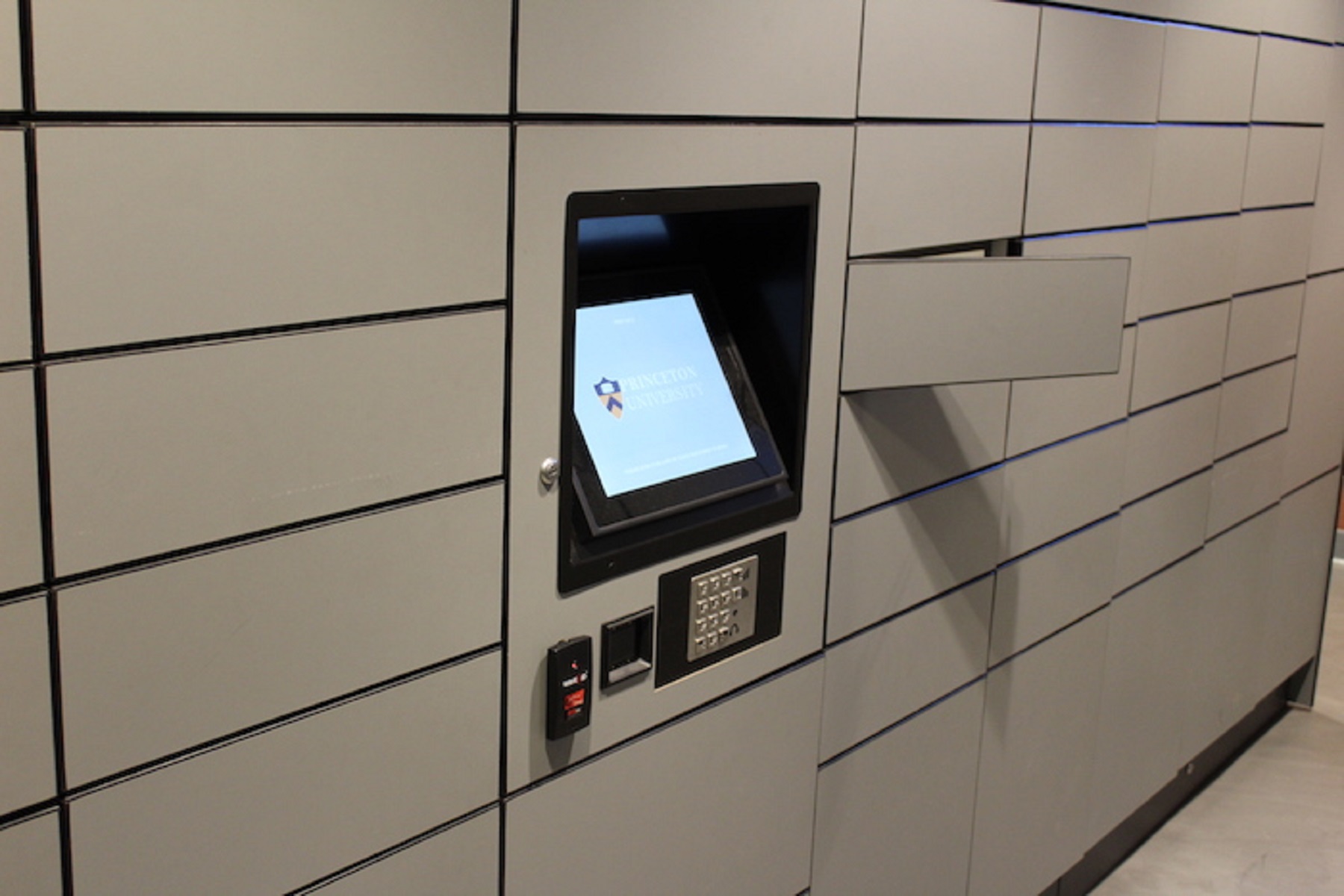I thought I would share what a day in my life looks like when I have a packed schedule of extracurriculars, socializing and schoolwork!
7:45 a.m.
I don’t normally wake up this early, but I have a lot of morning classes this semester so I take the time to get breakfast and study for my Japanese quiz!
8:30 a.m.
My first class of the day is “Introduction to Digital Humanities,” which is the class I am taking for my Quantitative and Computational Reasoning distribution requirement, even though it’s an English class! We’re learning about the intersection of digital media and the humanities, and I love how I am able to take a wide range of non-conventional classes to fulfill my distribution requirements.
10:00 a.m.
My second class is Japanese, of which I am in my second year. Starting a new language at Princeton is undoubtedly a challenge, as classes meet every day, but each class is structured around time for grammar, speaking, and writing practice, which makes all the hours you have to put in worth it.
11:00 a.m.
I then head over to do work in the eating club I’m a member of, where I am supposed to meet a friend for lunch and study together after. As a sophomore, we get two meals per week at our eating club, which is a great way to integrate ourselves into a community we will soon be fully immersed in next semester. Each eating club at Princeton has its own library, so I just did readings for my seminar later today there.
1:30 p.m.
I had my final class of the day, “Everyday Life in Mao’s China.” This is my favorite class this semester, where we are taking a ground-level view of how the lives of everyday people were impacted by the various changes during the Mao era. Seminars at Princeton are usually three hours long with around fifteen people, though mine is capped at nineteen because so many people were interested in taking it.
4:30 p.m.
I went to Coffee Club, a student run cafe located in Campus Club to grab coffee with a friend and work on my Japanese homework. Coffee Club has new seasonal drinks every month or so, so I got to try their lavender latte (last month they had raspberry matcha as a specialty).
6:00 p.m.
Dinner time! I went to dinner at my eating club, where every Thursday night is a member’s night. I got to sit with my friends and catch up on what they did over spring break while also meeting seniors in the club I had never met before.
9:00 p.m.
My a cappella group was performing at a show for Princeton’s East Asian dance company, Triple 8, so we met near the dressing room at the theater to rehearse beforehand.
10:00 p.m.
After my performance, I went back to Firestone Library, my favorite library, to do work. I normally leave the library around midnight and go straight to sleep.







